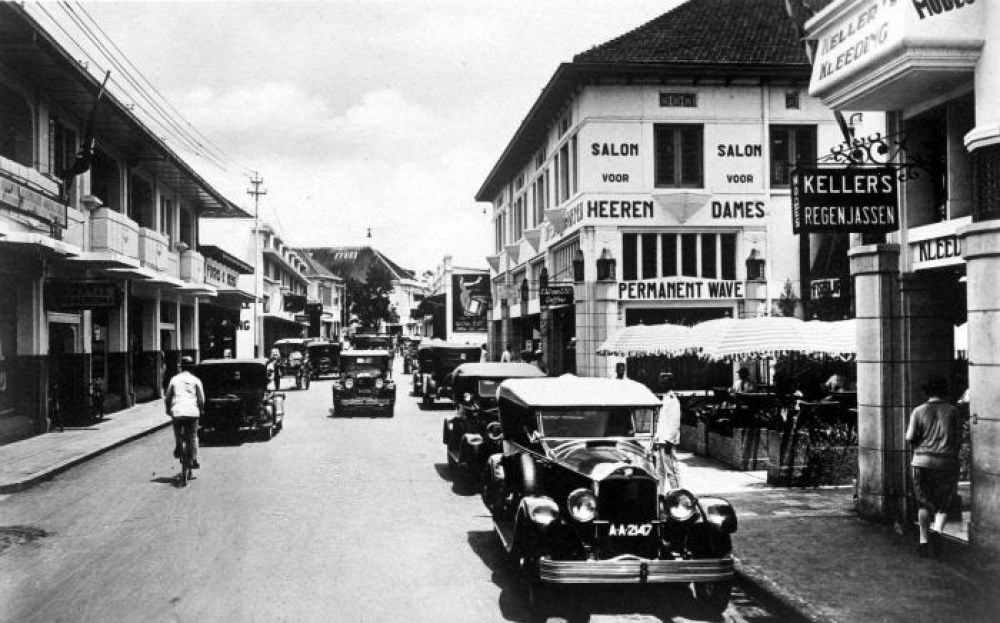

Braga Street, known as Jalan Braga in the local tongue, is a small street in the heart of Bandung, Indonesia, that holds immense historical significance. Its story is a captivating one, dating back to the colonial era when Indonesia was under Dutch rule. The street's European ambiance and its juxtaposition within a dynamic Indonesian setting have made it an irresistible blend of east and west for both local and international tourists.
In the early 20th century, Braga Street developed into an elite area during Dutch Colonialism. Its architecture and street layout were reminiscent of European towns, with rows of art deco buildings used as shops, hotels, and cafes, which became a major attraction. It was often referred to as the "Paris of Java" because of its chic allure, attracting the crème de la crème of society, including Dutch and other European settlers, who frequented its various establishments for leisure and business.
After Indonesia's independence in 1945, Braga Street's glamour faded as the focal point of activities in Bandung shifted. However, its architectural charm and historical value remained, keeping it on the tourism map. In the following decades, a concerted effort was made to preserve Braga Street's unique identity and to rejuvenate its status as a cultural and tourism center within Bandung.
The resurgence of Braga Street has been a successful endeavor with governmental and private sector involvement. Restoration projects started in the late 20th century have helped to maintain the historic façades of the buildings, and the street has been pedestrianized to create a comfortable ambiance for visitors to enjoy the nostalgic atmosphere.
Today, Braga Street is a bustling blend of old-world charm and modern-day consumerism. It is lined with a mix of traditional artisan shops, modern cafes, restaurants, and boutique hotels. It remains a popular location for photography thanks to its beautifully preserved art deco buildings and street art. Braga Street is also famous for its vibrant nightlife, offering a range of entertainment options from live music to fine dining.
In recent years, there has been a rise in heritage tourism, with visitors seeking to experience the historical aspects of their destinations. Braga Street aligns perfectly with this trend, offering walking tours that allow tourists to delve into its colonial history and rich cultural heritage. Additionally, there's an increase in demand for local experiences which has led to the street becoming a venue for local art and music events, further cementing its position as a cultural hub in Bandung.
Braga Street's potential for tourism is continuously growing as initiatives are being made to promote the street not just as a historical site, but as a center for art, culture, and gastronomy. With both the private and public sectors working together to enhance its appeal, Braga Street is set to remain an essential destination for tourists visiting Bandung, promising a unique journey through the past fused with the energy of contemporary urban life.
From the heights of colonial sophistication to a present-day attraction, Braga Street's metamorphosis through the years showcases its resilience and adaptability. It stands today as a testament to Bandung's rich history, and a destination that beautifully marries its illustrious past with an ever-evolving present.